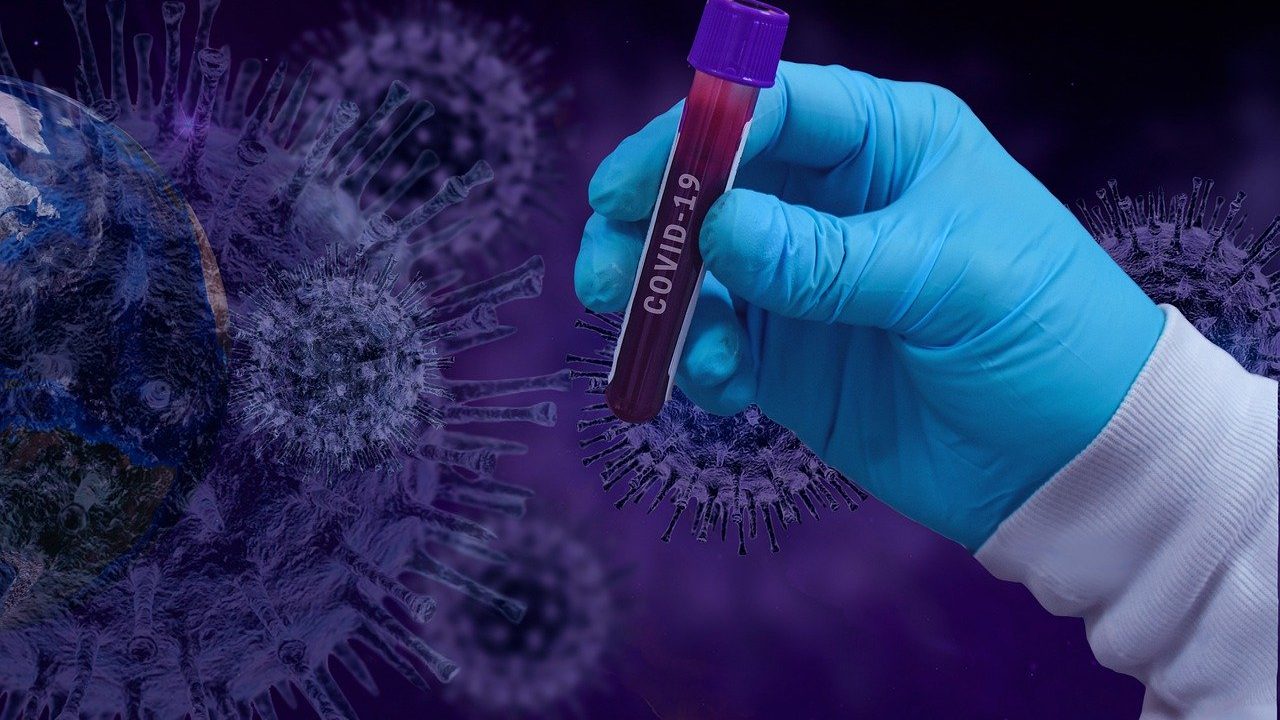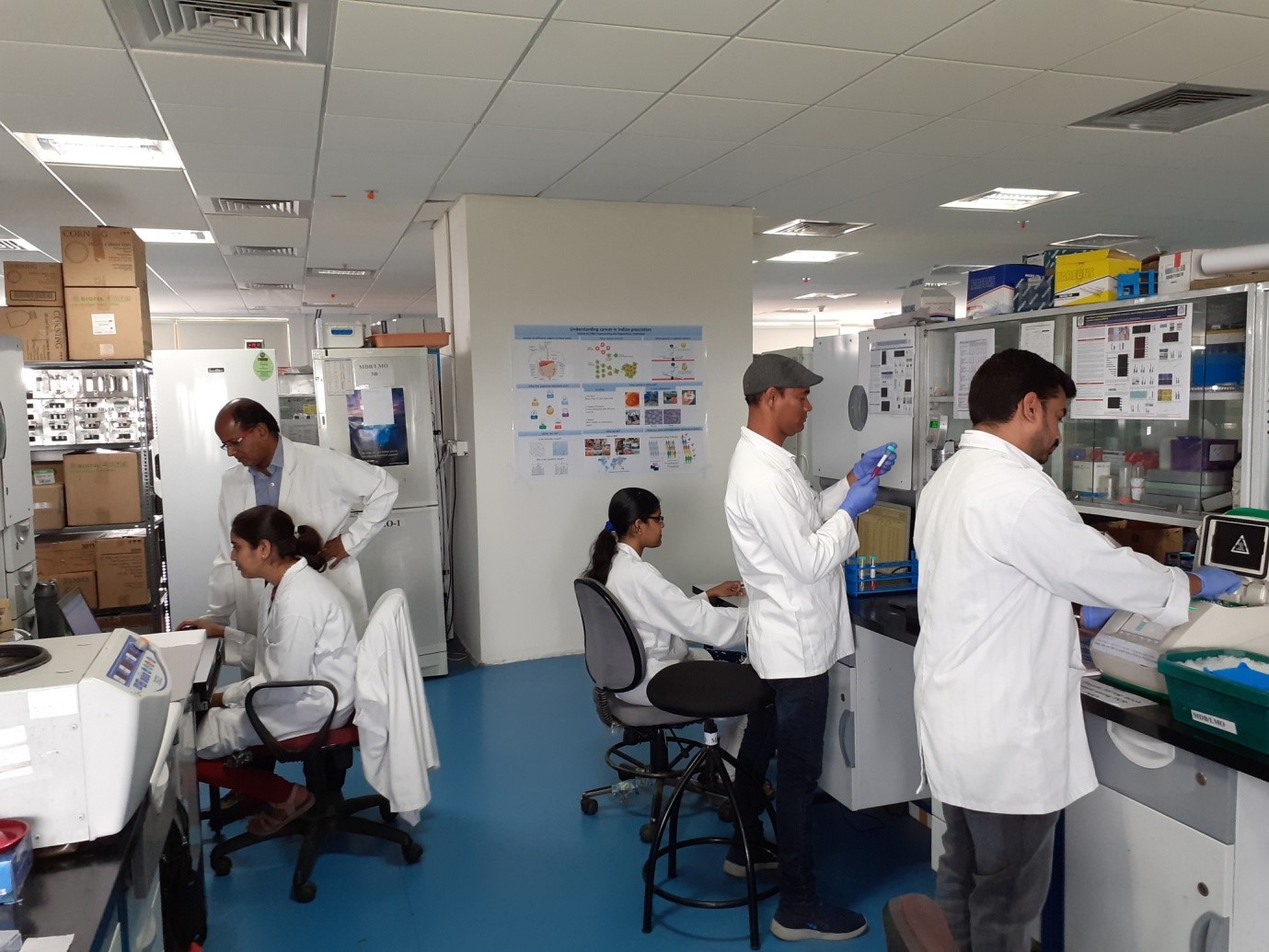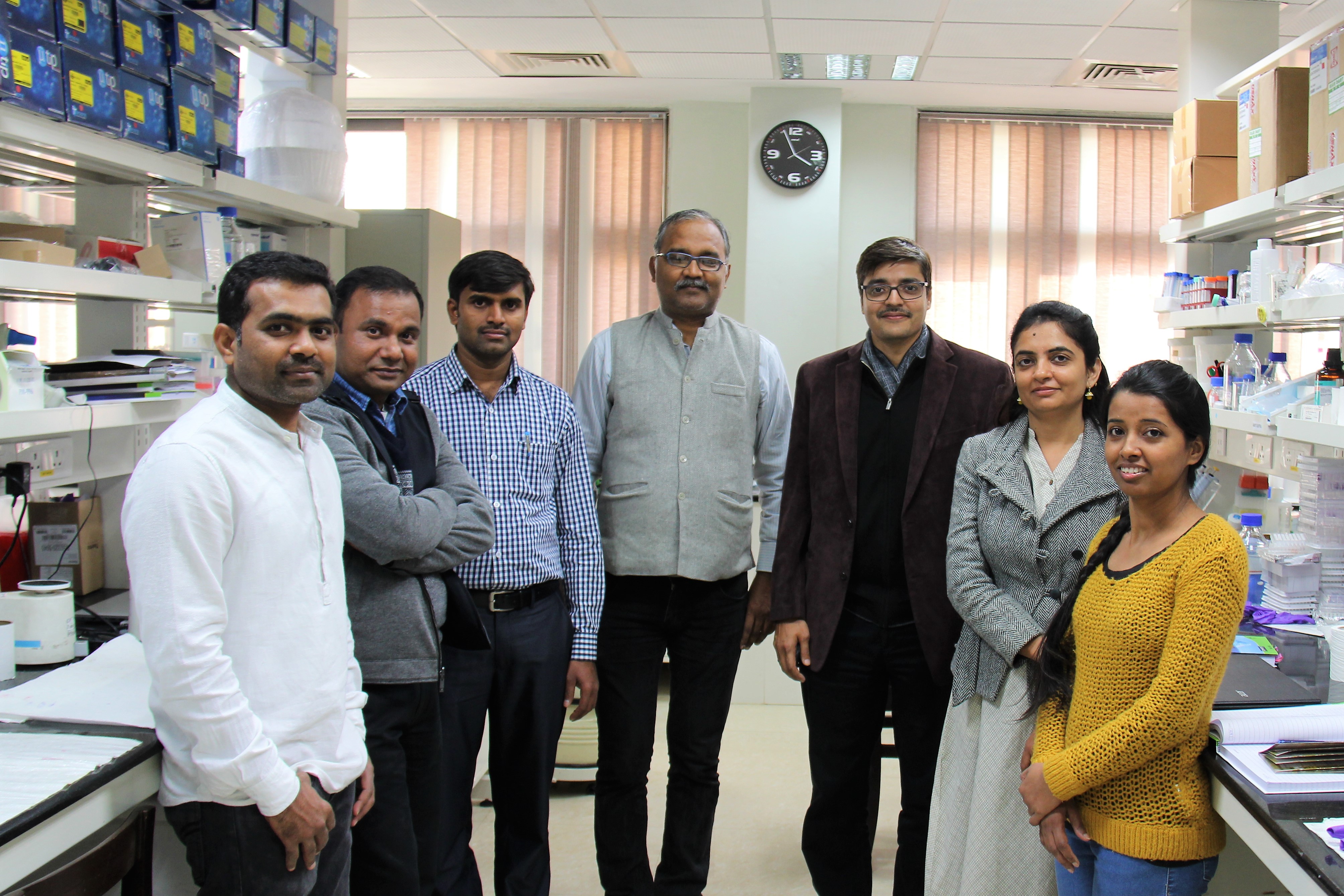
CSIR-IIP To Set Up Viral Testing Facility to Fight COVID-19
- News
- 1.5K
The Indian Institute of Petroleum (IIP) is establishing an RT-PCR-based COVID-19 viral testing facility in its Dehradun campus. IIP is a constituent laboratory of Council of Scientific and Industrial Research (CSIR).
CSIR has planned a community testing strategy to keep track of new outbreaks and thus restrict them from spreading further. “CSIR-IIP has always believed in working for national causes. Testing samples for COVID-19 is another opportunity where we assure our full commitment in line with protocols and standard operating procedures defined by the Indian Council of Medical Research (ICMR). This new COVID-19 testing facility will process at least 30 patient samples per day with appropriately trained manpower and adequate biosafety precautions”, said Dr. Anjan Ray, Director, CSIR-IIP.
The Biochemistry and Biotechnology team at CSIR-IIP is receiving continuous expert guidance from CSIR’s specialized biological sciences laboratories such as CSIR-Institute of Genomics and Integrative Biology (IGIB), CSIR-Institute of Microbial Technology (IMTECH) and CSIR-Centre for Cellular and Molecular Biology (CCMB) to enable their effective participation in the fight against coronavirus.
CSIR-IIP is in constant touch with Uttarakhand state health ministry and all government hospitals to make the facility fully operational and initiate testing by mid-May. This state-of-the-art testing facility will be available for the long term as a state resource center for viral testing, as well as a key part of the planned environmental biotechnology center of excellence at CSIR-IIP.
“This effort will augment the capacity of the limited public testing facilities across Uttarakhand and help share a load of patient samples from the populous Dehradun district, which is currently supported for testing only by AIIMS and Doon Hospital. Additionally, CSIR-IIP is also planning to adopt a faster micro RT-PCR-based analysis method for sample screening under the technical supervision of CSIR-IGIB”, said Dr. Ray.
Health experts believe that more testing can help in surveillance of the COVID-19 outbreak. One of the commonly accepted methods of diagnosis approved by the WHO is through the real-time reverse transcription PCR (RT-PCR) technique, wherein the researchers extract nucleic acid from the collected samples from individuals (typically either a nasal or throat swab or saliva) and amplify parts of the viral genome via RT-PCR. The test is positive if the samples harbor any viral RNA and return a negative result if the viral RNA is absent.
Other than this testing effort, CSIR-IIP is providing a free supply of in-house produced hand sanitizer in bulk to local hospitals and police stations, and masks to sanitation workers and needy migrants. The Institute is also developing a low-cost oxygen concentrator for medical use, using the lab’s industry-proven capability of adsorptive gas separation.
If you liked this article, then please subscribe to our YouTube Channel for the latest Science & Tech news. You can also find us on Twitter & Facebook


